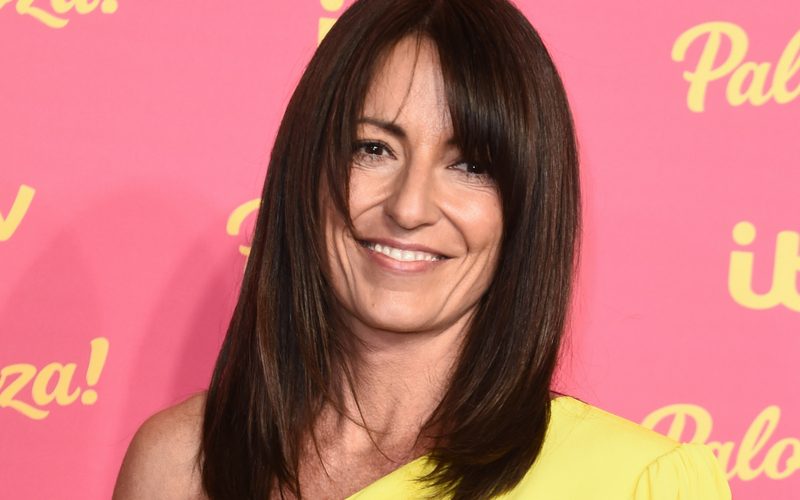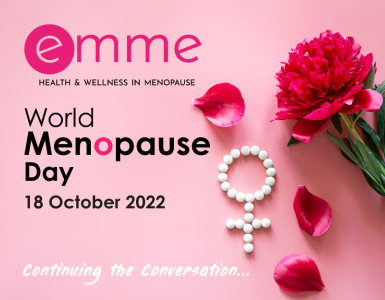It’s been described as “phenomenal” and a must-watch for both women and men, and we can’t agree more. If you haven’t seen the Channel 4 documentary, Davina McCall: Sex, Mind and the Menopause, find it to download now, because it’s an informative masterpiece.
The documentary that everyone is talking about explores the role of HRT in managing debilitating symptoms of the menopause, including memory struggles, brain fog and a loss of libido
During the programme, Davina talks about her personal experience of brain fog and speaks to a woman who struggled so much during her perimenopause, that she thought she was experiencing early onset dementia.
Davina spoke to neuroscientists Dr Lisa Mosconi and Dr Roberta Brinton who say that when a woman is at an age where her hormones are decreasing, she should begin taking HRT. This is because there will come a time when their brains will no longer be receptive to therapy.
Which is essential, because of 4,000 women aged 45 to 55 years old interviewed for the programme, 70% reported experiencing brain fog. Almost 50% said they were struggling with their ability to do their job and 85% had no one at work to turn to about the problem. 10% had even quite their job as a result of their symptoms.
Davina herself said, “Brain fog is horrific. When I had it, I couldn’t read auto-cues, something weird happened to my eyes, I couldn’t read celebrities’ names. I seriously thought I was going to have to give up presenting and when I was asked if I was okay, I said yes”.
“I was so full of shame about what was going on. I just couldn’t talk to people and it breaks my heart that ten years later women are still struggling, still ashamed of something that is completely natural.”
Paula Fry is an executive in the city and told Davina
“My symptoms I can pin back to when I was about 43. I went to a big tech firm had a lot to learn, a great job and I couldn’t remember what I was doing. I thought I had early onset dementia”.
“I spent a lot of time worrying and masking it, I had heavy bleeding quite a bit of pain every month. I had three pairs of pants on.”
“I’ve been in meetings where I might be the only woman in a room full of ten men and I have to stand up and finish a pitch and shake hands with a load of people and I’m grimacing inside thinking, “Check the chair. Can I shuffle out if that happens?”.”
“The brain fog got me was the most debilitating thing about menopause. I just thought ‘I’m not clever enough to do this job, I’ve lost it’. I forgot names and I’d be looking at someone and the name is gone.”
Paula never once felt she could share her experience with anyone in her workplace
Drs Mosconi and Brinton have spent decades researching the effects of declining oestrogen on the brain. Dr Mosconi says, “As a society we associate menopause with the function of the ovaries, but when women say they have the hot flushes, the night sweats, the insomnia, the anxiety, depression, brain fog – those symptoms don’t start in the ovaries. Those symptoms start in the brain”.
Dr Brinton says, “Menopause is like a renovation project on the brain. A restructuring, a rewiring. The brain is very clearly telling you: “I am under stress, I am in distress”. The idea we can just suck it up is actually deleterious to women’s long term health.”
“The use of oestrogen and hormone therapy at the time of menopausal symptoms [is crucial] – not ten not 15 years later, the brain has already changed and it’s no longer going to be responsive to oestrogen therapy.”
Did you watch Davina’s documentary? Has menopause impacted your ability to work? If you would you like to share your story to help empower others, we would love to hear from you at info@emmemenopause.com
















